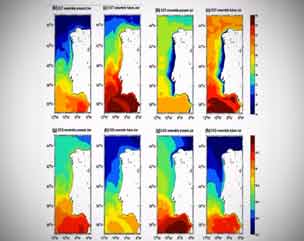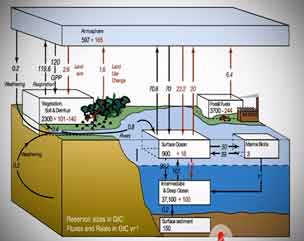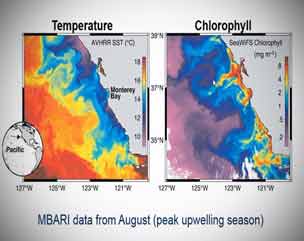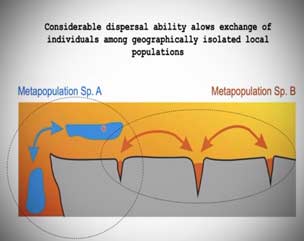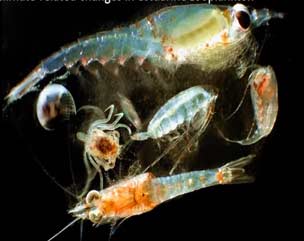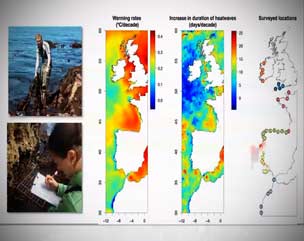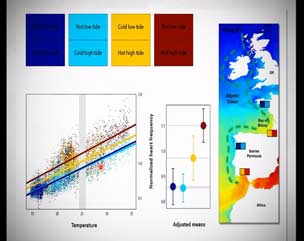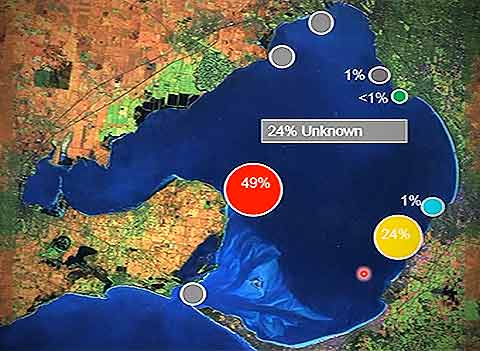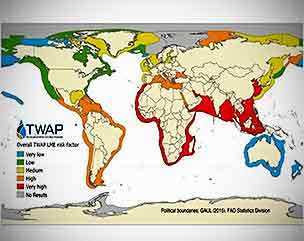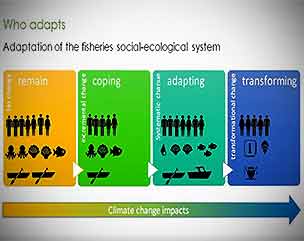Regulation of marine populations and communities
Recording date: Sep 27, 2019
Viewed: 0
time
Background and objectives
Most macroscopic marine organisms, from algae to fish, are sessile or sedentary organisms reproducing through propagules (spores, vegetative fragments, larvae) that spend minutes to months 2 in the plankton.
The existence of a planktonic propagule in the life cycle of these organisms has two major consequences to the dynamics of the populations:
i) many marine species form metapopulations and
ii) small variations in the mortality factors during the dispersal phase originate large changes in supply to the adult habitat.
-
: Mr. Henrique QueirogaLecturer, Aveiro University.
-
: Steve SwearerUniversity of Melbourne, Australia

